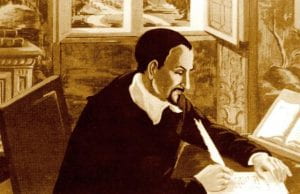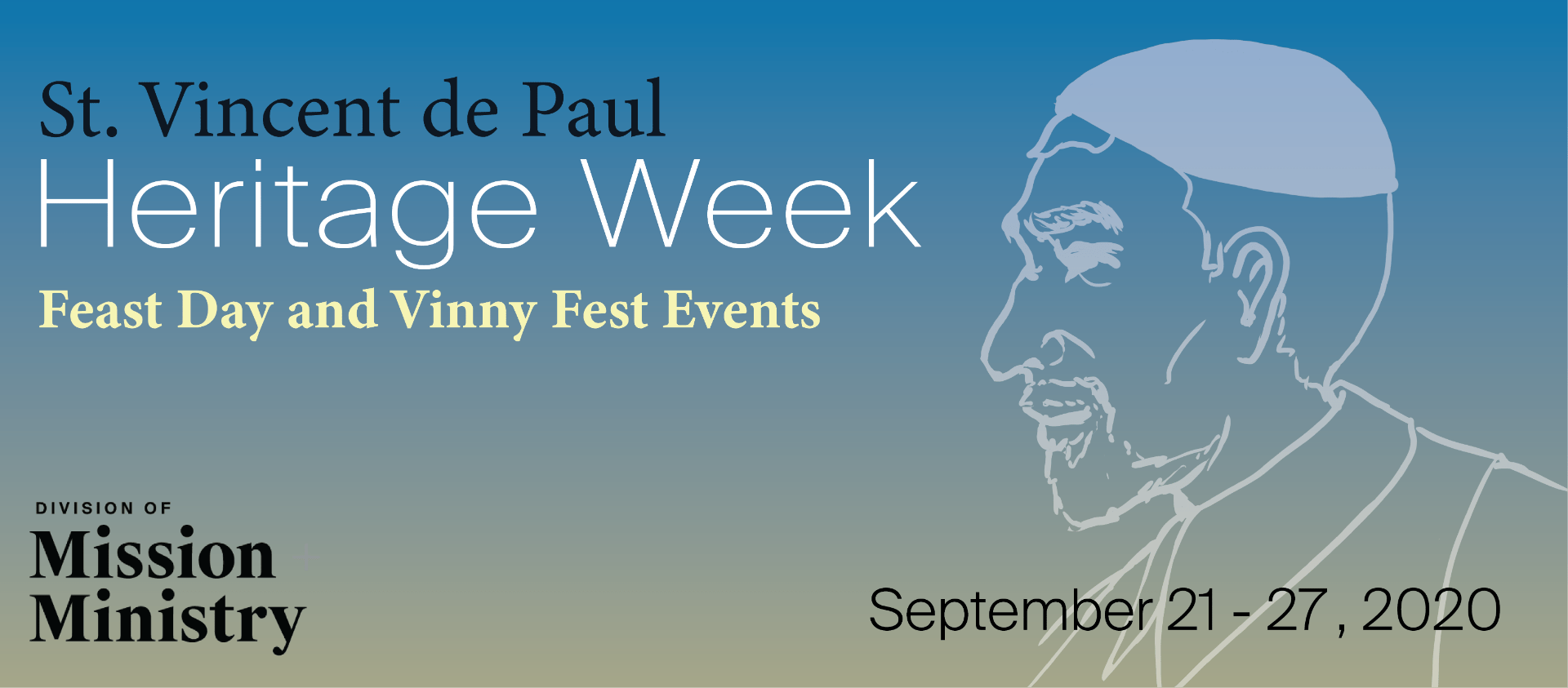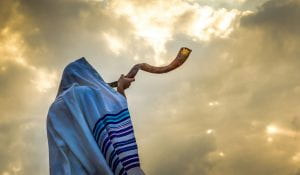I have never felt the pressing need for self-care more than I do right now. Occasionally, I find myself ruminating on the state of the world. Over six months of the Covid-19 pandemic with no immediate end in sight. Urgent social justice and human rights issues in our community and country which call us to face hard truths and work for change. A bitter national election entering its final stages. All in addition to the “usual” professional and personal demands that, on their own, seem just enough for the average plate to hold. All told, this is a lot. Why is it, then, that in the face of such challenges we often forget to treat ourselves with added care and compassion?
I am not sure, but perhaps if the instructions to do so came directly from Vincent de Paul or Louise de Marillac, we might be more mindful of the practice of self-care. To be sure, this was an instruction Vincent and Louise gave many times over, as seen in their voluminous correspondence. We witness Vincent urging a priest in his community, “Please do all in your power to stay well, Monsieur, and to take better care of yourself than you have done.”1 And, writing to a Daughter of Charity, Louise was even more succinct, “Take care of yourself, for the love of God…” she implored her.2
To borrow a contemporary phrase, Vincent and Louise were “creating space” for their community members to recognize their limitations and attend to their needs. Undoubtedly, they were motivated by genuine concern for them, but Vincent and Louise also knew that unless a person takes care of themselves, they will be in no position to take care of others. And, caring for others—especially the sick, the orphaned, the marginalized and poor—has been the mission of Vincentian communities since their beginnings.
For some of us, taking time for self-care may never be easy. But, it is so important! Maybe realizing the connection between our own self-care and how it affects our ability to care for others will help. Or maybe simply remembering that our patrons, Vincent and Louise, believed in self-care will be enough to make us believe in its importance, too.
Sit for a few moments in peace and quiet and ask yourself how, if at all, you may be feeling depleted? What can you do to replenish yourself? Acts of self-care may be big, or they may be small. How might you be called, in big ways or small, to care for yourself these days?
1 2905, To Louis Rivet, Superior, In Saintes, 13 July 1659, CCD, 8:31.
2 L.58B, To Sister Élisabeth Martin, 7 August (1641), Spiritual Writings, 56.
Reflection by: Tom Judge, Chaplain, Mission and Ministry
Have you shared your input on the Review of the DePaul Mission Statement?
During the current academic year, the Mission Committee of the Board of Trustees is undergoing a formal review of the statement. DePaul faculty, staff, students and alumni are encouraged to participate by sharing their input related to their understanding of DePaul’s mission, how it is reflected in the existing mission statement, and lived in practice. Please take a moment to provide your feedback through this survey.





